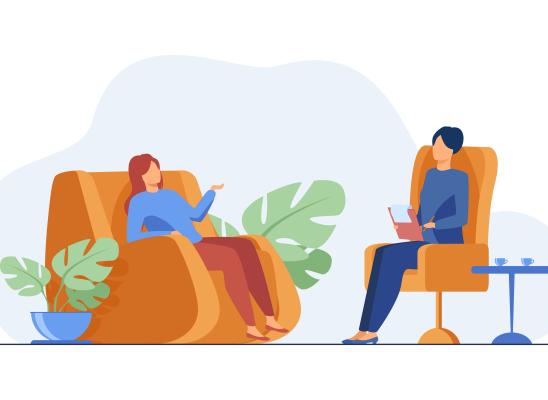Keeping a skin picking log

Online test
Find out the severity of your symptoms with this free online test
As discussed many times, cognitive behavioral therapy has been shown to be the most effective intervention in the treatment of body-focused repetitive behaviours (BFRBs) such as dermtillomania. There are many methods within this treatment framework that can be applied in isolation of each other or together as a holistic and comprehensive whole. In individualized therapy your therapist may apply the methods he/she assesses to be most relevant to you. However, in an online therapy program like the one we offer here at skinpick.com, we have designed the program to be more comprehensive in its approach. Regardless of the primary method of CBT employed by your therapist, one fundamental principle of CBT is the developing of awareness by the patient of the behavior they are trying to change and the contexts in which they occur.
Why awareness matters
CBT is based on the belief that what we think and feel influences the decisions we make and therefore the actions or behaviours we engage in, which in turn then either refutes or perpetuates our thoughts and feelings. In terms of picking, the belief is that the urge to pick is often elicited by a process of thoughts or feelings, sometimes overt, sometimes covert. These thoughts and feelings tend to occur in similar situations or contexts and therefore you will find you tend to pick in similar situations and contexts. The purpose of gaining awareness is to identify the situations and contexts and make overt the negative thoughts and emotions you experience at these times. For many peoples picking is automatic so developing this awareness can be challenge. One of the strategies used to get patients to gain awareness is the keeping of a picking log. This is essentially where the patient is requested to document each time they pick and to record information such as location, context, what happened just prior to picking and how you felt or what you were thinking, what was happening at the time of picking and how you felt while picking, and recording where on your body and the severity of picking.
Easier said than done
This may sound simple, but picking is often so integrated into a person’s life that it can be incredibly difficult to remain disciplined and keep a thorough log, as one blogger pointed out:
"I know that I had to keep a log when I was in therapy for my picking, and it was not easy. I flaked on doing it, or it was inaccurate. Or sometimes I did it in the waiting room for my therapy appointment. I was terrible about keeping it current.”
This was in response to someone asking for tips on how to keep up with the log. Unfortunately there is no one solution fits all to this common problem so it is advisable to be open and honest with your therapist about the difficulties you are having. Remember that the picking log in itself is a process and part and parcel of the therapeutic process as much as it is as assessment tool for developing strategies to help you address the urges to pick. Together you and your therapist could problem solve and by trial and error find a solution that works for you. For some this may be a technology-based solution such as note-taking app on your mobile such as OneNote or Evernote; for others it may be setting a specific time and place to always sit with the log to record incidences in hindsight rather than in the present; while others may find it useful to simply keep a little notebook and pen on hand at all times. Of course the ideal is to keep a perfect log, but remember that that is not the goal here. The goal is to start being more aware of your picking patterns and to start developing an awareness of your triggers so you may develop strategies for addressing them.
Online test
Find out the severity of your symptoms with this free online test
Start your journey with SkinPick
Take control of your life and find freedom from skin picking through professional therapy and evidence-based behavioral techniques.
Start Now



